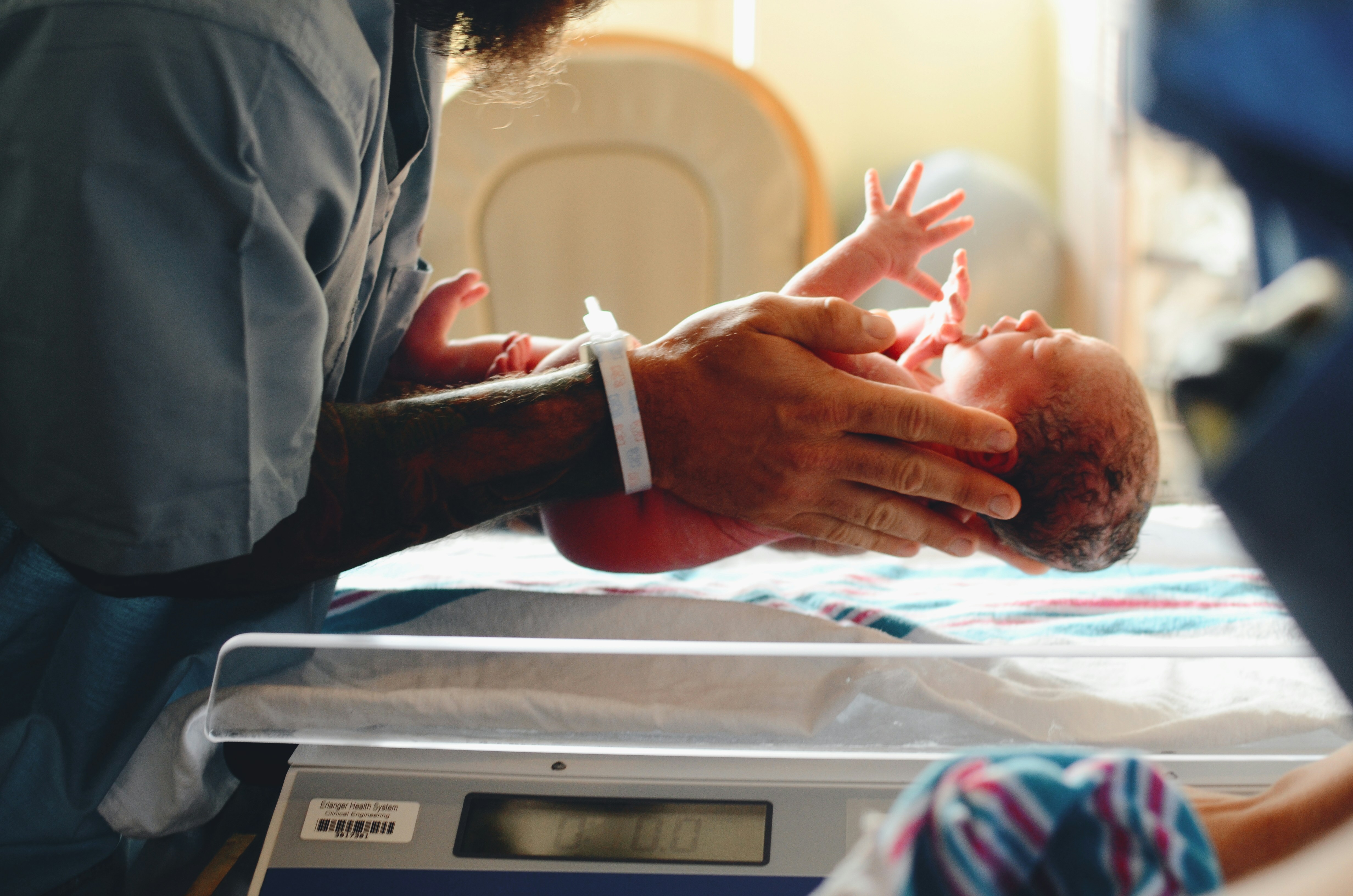News release
From:
Mums and bubs saw some positive outcomes during the early years of the COVID-19 pandemic
CONTENT WARNING: This media release contains information some readers may find distressing as it refers to data on maternal and perinatal deaths.
New data from the Australian Institute of Health and Welfare (AIHW) explores outcomes of mothers and their babies during the early years of the COVID-19 pandemic.
Maternal and perinatal outcomes during the 2020 and 2021 COVID-19 pandemic includes information on demographics, uptake of antenatal care, labour and birth trends, and baby outcomes based on the data from the National Perinatal Data Collection.
Outcomes during the first two years of the COVID-19 pandemic in Australia (2020 and 2021 combined) were compared with what would have been expected based on trends in the years prior to the pandemic (2015 to 2019).
In 2020 and 2021 combined, there were:
- 2,390 fewer babies born at a low birthweight
- 4,260 fewer babies requiring specialised care in a special care nursery or neonatal intensive care unit
- 1,050 more women who birthed at home
- 2,330 fewer babies born pre-term
- 15,380 more women who birthed without labour being induced.
The first two years of the pandemic were, however, also associated with:
- 4,670 fewer first-time mothers attending the recommended 10 or more antenatal visits
- 880 more women experiencing high blood pressure during pregnancy.
‘In terms of the characteristics and risk factors of birthing mothers (such as age and weight), there didn’t appear to be a change in these years. There was also no clear change in the stillbirth rate, which fluctuated between 6.7 and 7.7 per 1,000 births during the period of 2015 to 2021 and data from the National Maternal Mortality Data Collection suggest that there were no maternal deaths directly related to COVID-19 infection in 2020 or 2021,’ said AIHW spokesperson Deanna Eldridge.
A trend towards shorter postnatal stays continued during 2020 and 2021; but at a greater than expected rate, with 21,840 more mothers and 19,890 babies staying in hospital for one day or less following a hospital birth.
Other research found that in the early stages of the pandemic pregnant women experienced high levels of distress, which negatively impacted the mental health of mothers and led to pregnant women experiencing heightened depression, anxiety and stress. This, as well as COVID-19 infections and vaccination rates among pregnant women, is an area for future research using data linkage.
It is important to note that this report describes the changes observed between pre-pandemic and pandemic years but is not able to determine the cause of these changes, for example, COVID-19 infection, other pandemic-related factors such as individual and societal responses to the pandemic, public health measures, or other factors (events or initiatives) unrelated to the COVID-19 pandemic. See Limitations for more information.
If you or someone you know needs support, contact:
Red Nose miscarriage, stillbirth and newborn death support: 1300 308 307
Lifeline: 13 11 14
Griefline: 1300 845 745
Perinatal Anxiety and Depression Australia (PANDA): 1300 726 306



 Australia
Australia


